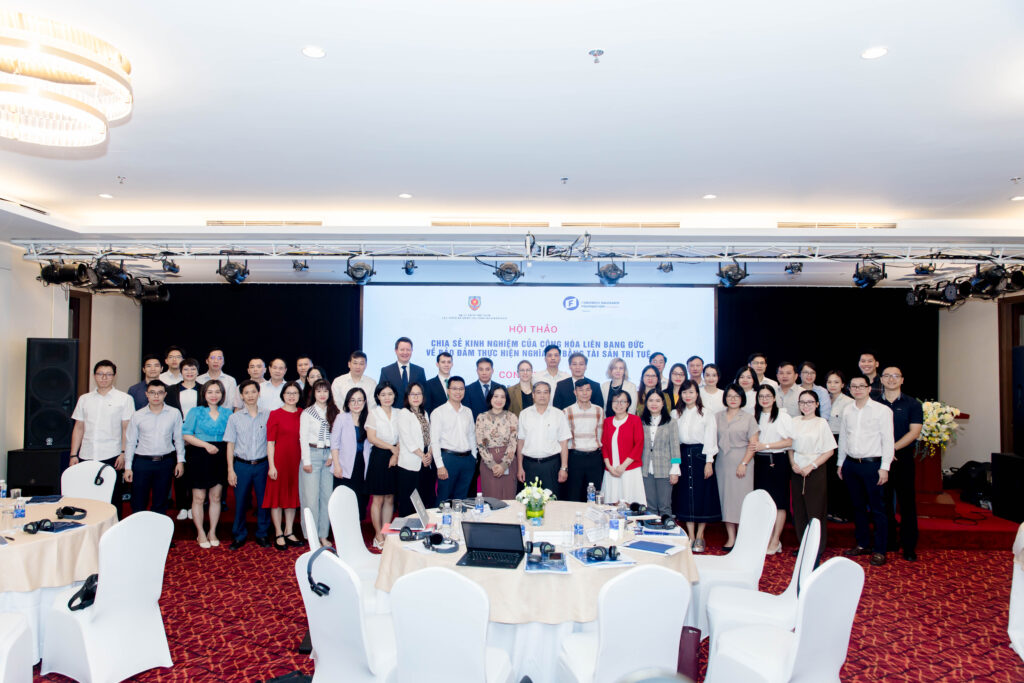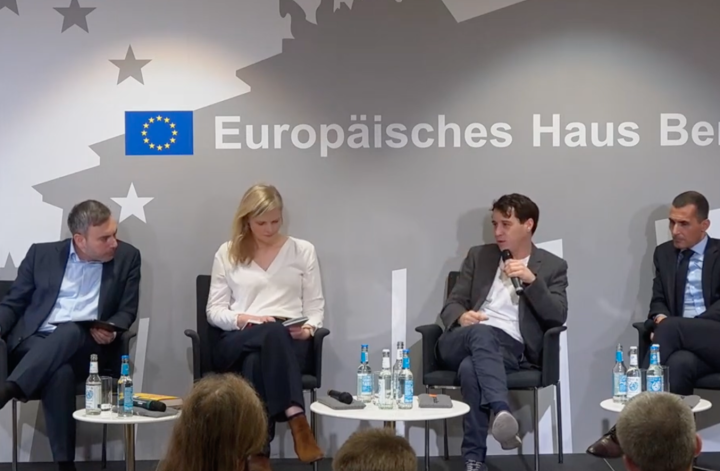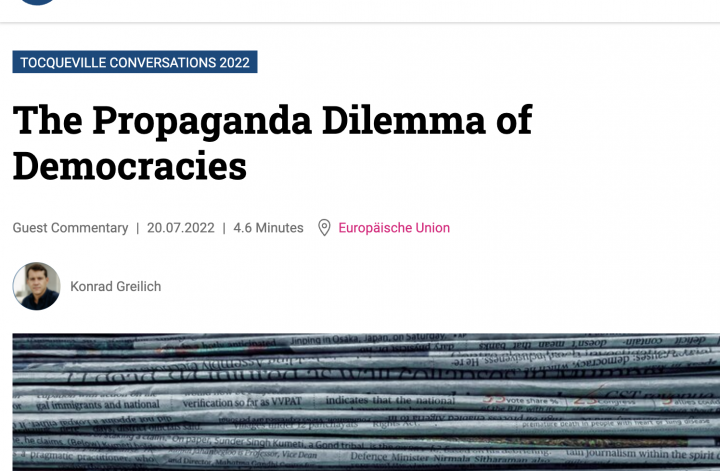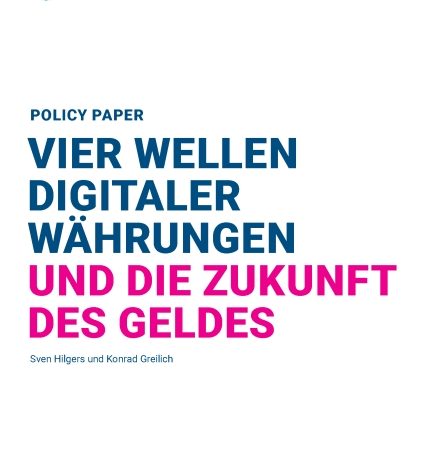In mid-November 2024, I was invited by the Friedrich Naumann Foundation for Freedom to take part in two workshops in Hanoi as part of the rule of law dialog between Vietnam and Germany.
Our discussions revolved around key topics of the digital space such as fundamental and property rights, digital assets and intellectual property. The dialog we had with academics, publishers, authors, entrepreneurs and government representatives on the balance between freedom of expression and copyright was particularly exciting.
I always enjoy discussing the order of the digital world. With this occasion and format, however, it was a very special and valuable opportunity to gain insights into the perspectives and challenges of both countries. Once again, it was striking that the conflicts of (digital) coexistence are quite similar in Vietnam, Germany and across the world.
Many thanks to the Friedrich Naumann Foundation, Thekla Ebbert and Vanessa Steinmetz for the invitation and the opportunity to be part of the Rule of Law Dialogue.









